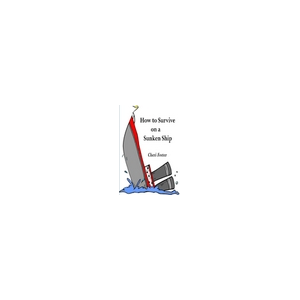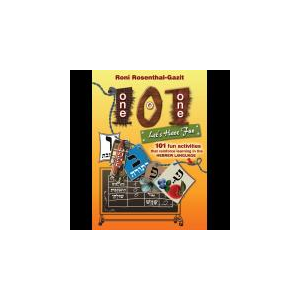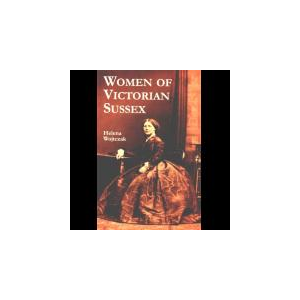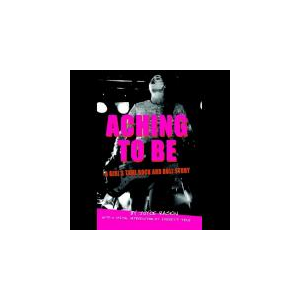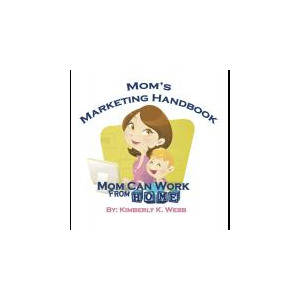History of the Introduction of Lithium into Medicine and Psychiatry: Birth of modern psychopharmacology 1949
This is the first work of its kind in twenty-five years. With it, Professor Johan Schioldann, of the University of Adelaide, lifts the lid on the early history of modern psychopharmacology.
Through meticulous research, Schioldann closes the gap that has plagued the history of lithium therapy for many years: the apparent ‘serendipity’ enjoyed by John Cade in his discovery of lithium’s effects on patients with mood disorders, and the origins of his ideas. This detailed study presents and evaluates layer upon layer of painstaking research in the
attempt to determine whether the oft-lauded Australian, John Cade, really was the father of lithium therapy.
Through insightful and detailed research, and often drawing on materials never before accessed, Schioldann’s History of the introduction of lithium into medicine and psychiatry traces the history of lithium therapy from Denmark in the latter part of the 1800s, through to Cade in the 1940s, and beyond.
This work truly is an essential addition to the field of psychopharmacology. It is a must-have work for anybody involved in the fields of psychiatry, psychopharmacology, or the history of medicine.
Praise and Reviews
"Professor Johan Schioldann’s scholarly account of his detailed and painstaking investigations into the early medical uses of lithium and, in particular, into the manner in which this remarkable element was introduced into psychiatric treatment, represents a major contribution to the study of the history medicine.Although the ideas of Carl Lange, a Danish neuropathologist, and his brother Frederik (Fritz) Lange, a psychiatrist, have been referred to by a number of previous writers on the history of lithium therapy, it has fallen, fittingly, to one of their fellow countrymen to establish beyond any doubt the seminal importance of the work they carried out over a century ago. Adopting a narrative-analytical approach to his material, Schioldann has produced a rigorous and erudite account of a fascinating era in medical history, and has managed to do so in a wonderfully readable fashion.
Even those with little or no background in medicine will be enthralled by the story that unfolds in this book: a story of the way in which ideas become disseminated, and of the interactions between ideas and those whom they touch.
This book will be widely welcomed, not only by medical historians and by psychiatrists involved in the day-to-day practice of lithium therapy, but by all those who are fascinated by the way in which a deceptively simple chemical element led to a revolution in modern psychiatric medicine."
Dr. F. Neil Johnson, author of History of Lithium Therapy. London: McMillan, 1984.
Emeritus Professor G. E. Berrios, Chair of the Epistemology of Psychiatry, University of Cambridge.
Related Books
More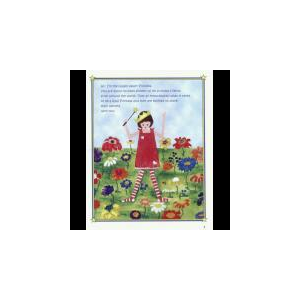
On Being a REAL Princess, Secrets of the Happy Heart Princess
Children's Books
Education & Textbooks
Family & Relationships
3k views

What To Do When You Become The Boss
Education & Textbooks
Business, Money & Investing
Self-Help and Personal Development
3k views

Jumpstart Your Publishing Dreams, Insider Secrets to Skyrocket Your Success
Education & Textbooks
Entertainment & Style
Self-Help and Personal Development
3k views

Exploring web 2.0: Second Generation Interactive Tools.
Computers & Internet
Science & Technology
Education & Textbooks
2k views

